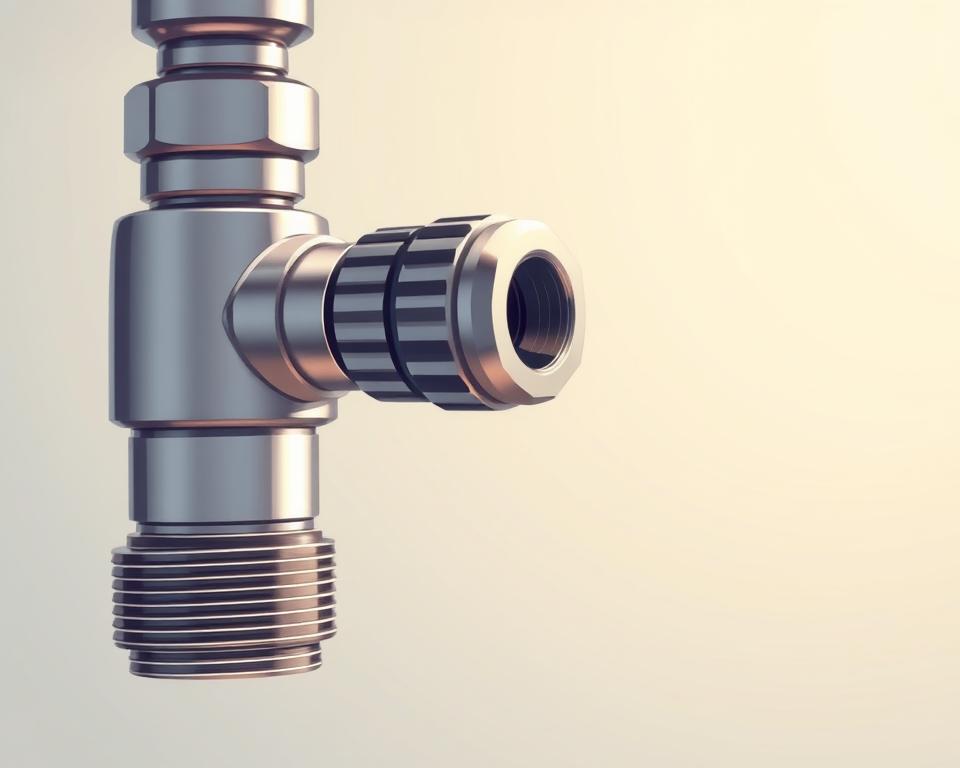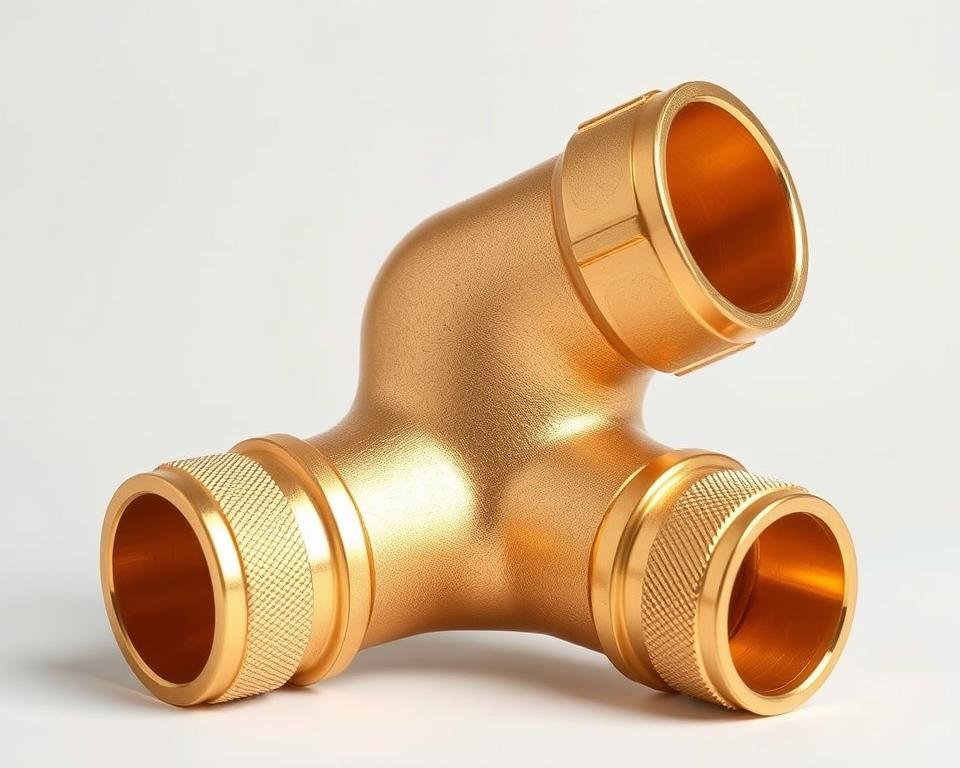Levamisole: Applications & Reactions.
Levamisole Hydrochloride, originally developed for veterinary uses, has now transformed into crucial in human treatment. It is identified by its CAS number 16595-80-5 and EINECS number 240-654-6. This compound is a white crystal powder, celebrated for its powerful anti-worm effects. It is mainly manufactured in China, complying to rigorous USP/BP/EP standards.
Levamisole Hydrochloride is notable for its efficacy against Ascaris lumbricoides and hookworms. It is crucial for both human and veterinary health. However, knowing the possible Cas 16595-80-5 side effects and its proper usage is important for risk-free therapy. This guide examines the key applications, mechanisms, and adverse reactions of Levamisole HCl. It intends to provide a thorough guide for doctors and users.
What is Levamisole HCl?
Levamisole Hydrochloride, frequently called 99% Levamisole HCl, is a crucial medical substance. Its distinctive chemical structure, C11H12N2S·HCl, positions it as a key player in drug intermediates. Identified by its CAS number, CAS 240-654-6, this compound is recognized by its exceptional cleanliness level of 99%, ensuring both potency and reliability.
Originating from China, Levamisole HCl is praised for its adherence to USP/BP/EP pharmacopeia standards. These strict quality tests verify its attributes, including identification, solubility, quality, and assay results. Such criteria confirm its effectiveness as an anti-parasitic agent, crucial for eliminating parasitic worms in both people and livestock.
Below is a thorough overview of Levamisole Hydrochloride’s important features:
| Attribute | Information |
|---|---|
| Chemical Name | Levamisole HCl |
| Chemical Formula | C11H12N2S·HCl |
| Quality | 99% Levamisole HCl |
| CAS ID | CAS 240-654-6 |
| Source | China |
| Use | Medical Intermediates |
This rigorous quality control guarantees that Levamisole Hydrochloride stays a trusted selection within the realm of medical intermediates.
Method of Operation of Levamisole HCl
Levamisole HCl exhibits a intricate mechanism that combines immune modulation and immediate anti-parasitic activity. This two-fold function makes it invaluable in both medical and animal domains.
Immune Modulation
As an immune booster, Levamisole increases the immune system’s reaction. It excites various immune cells, assisting in the treatment of autoimmune diseases like rheumatoid arthritis. The Levamisole mechanism of action here involves enhancing T-cell activity. This leads to better immune surveillance and the elimination of pathogens.
Anthelmintic Properties
Levamisole HCl is renowned for its strong anti-parasitic effects. Working as a dewormer, it disrupts the neuromuscular system of parasitic worms. This causes paralysis and death, efficiently removing the infestation. As an anthelmintic agent, Levamisole is subjected to stringent quality control. This guarantees its precision and potency in eliminating parasitic worms.
Key Purposes of Levamisole HCl
Levamisole Hydrochloride has become as a versatile agent in both human and veterinary areas. Its applications cover from parasitic removals to immune-enhancing therapies, impacting a extensive variety of health and animal cases.
Human Medicine
In human medicine, Levamisole HCl is a powerful parasitic remover, tackling parasitic worm infections. It is permitted for curing ascariasis and hookworm infections. Moreover, it is involved in immunotherapy, improving the immune reaction in various diseases.
Animal Health Uses
For livestock, Levamisole is crucial in managing parasitic infections. It guarantees the health and productivity of livestock and pets by eliminating harmful parasites. This medication is essential for cattle, sheep, goats, and household pets, having a key part in their overall health and condition.
Dosing and Use of Levamisole HCl
Levamisole HCl is a multifaceted drug used in both medical and veterinary care. It’s crucial to understand the right Levamisole HCl dose and use methods for efficient care and safety.
Suggested Doses
The suggested dose for using Levamisole ranges from 1.5 to 2.5 mg/kg of body weight. This confirms the medication is successful and safe, lowering the risk of adverse reactions. Dosage changes with patient age, weight, and the ailment being treated.
Administration Methods
Levamisole administration can be done through various methods, considering the patient or animal’s needs. Common forms consist of:
- Oral tablets
- Injectables
- Surface use (less common)
Administration Advice
When using Levamisole, it’s essential to follow the dosage guidelines. Here are some administration recommendations:
- Determine and administer the accurate Levamisole quantity as a medical expert recommends.
- Be aware of the different needs of species for appropriate administering Levamisole in veterinary settings.
- Speak with a veterinarian or doctor to adjust dosages according to patient reactions and side effects.
Below is a brief table listing the recommended dosages for various species:
| Species | Quantity | Type |
|---|---|---|
| Humans | 2.5 mg/kg | Tablet |
| Cows | 1.5-2.5 mg/kg | Injectable |
| Lambs | 1.5-2.0 mg/kg | Tablet |
Appropriate Administering Levamisole confirms treatment efficacy and minimizes adverse reactions. This leads to better results for people and pets alike.
Possible Adverse Effects of Levamisole HCl
Levamisole Hydrochloride is generally celebrated for its effectiveness. However, it’s vital to accept potential side effects. This confirms they are promptly recognized and handled.
Typical Negative Effects
Stomach problems are among the most frequent 99% Tetracaine Hydrochloride adverse reactions. These are nausea, vomiting, and abdominal pain. Some people may also have headaches. These symptoms, although usually mild, can be quite bothersome. They could result in halting the care or adjusting the dosage.
Critical Side Effects
Levamisole toxicity can result in serious health issues. A major issue is agranulocytosis, which significantly lowers white blood cell counts. This makes patients highly susceptible to infections. Other serious negative effects are vasculitis, which is inflammation of the blood vessels, and critical skin reactions such as rashes.
Healthcare professionals recommend close monitoring for any adverse reactions to Levamisole. Regular check-ups and blood tests are advised to prevent critical complications. This careful strategy is vital to balance the care’s benefits against its risks.
Precautions and Advisories
When contemplating the application of Levamisole HCl, it is critical to follow specific precautions to ensure health and safety. Individuals should steer clear of Levamisole if they have a documented hypersensitivity to the medication or preexisting ailments such as liver or kidney disease. These are crucial Levamisole safety measures to lower any negative effects.
Expecting or breastfeeding individuals, as well as those with compromised immune systems, should talk to a healthcare provider before beginning care with Levamisole HCl. This step is crucial for maintaining high levels of Levamisole HCl safety. Additionally, regular blood tests might be necessary to check the compound’s effects on the body, which emphasizes the importance of remaining vigilant.
It is just as important to adhere to strict storage and handling procedures to maintain the medication’s integrity and efficacy. Appropriate storage conditions include keeping Levamisole HCl in a chilly, dry place away from unfiltered sunlight. These Levamisole warnings are not to be taken lightly, as inappropriate handling can cause reduced efficacy and possible risks.
| Issue | Measure |
|---|---|
| Known hypersensitivity | Refrain from using |
| Liver or kidney disease | Consult healthcare provider |
| Expectant or nursing | Speak with medical expert |
| Suppressed immune system | Consult healthcare provider |
| Frequent blood checks | Monitor drug effects |
| Storing | Cool, dry place away from sunlight |
Levamisole Hydrochloride in Veterinary Medicine
Levamisole Hydrochloride is crucial in veterinary care, combating parasitic diseases in livestock and pets. It boosts animal health and productivity when used correctly.
Usage in Livestock
In farming, Levamisole Hydrochloride is crucial to fighting parasitic infections in animals. As a powerful Levamisole anti-worm agent, it enhances health and productivity in cattle, sheep, and pigs. The quantity must be precisely measured, based on the animal’s species and weight for optimal results and security.
Pet Protection
Ensuring pets’ safety with Levamisole veterinary use is essential. Vets stress the importance of precise evaluation and treatment plans to avoid side effects. Detailed assessments assist determine if Levamisole veterinary is suitable for each pet, guaranteeing their health and well-being.
Storage and Handling of Levamisole HCl
Keeping Levamisole HCl appropriately is vital for its efficacy and safety. Levamisole HCl should be stored in sealed containers. It should be stored in a cool, arid spot, away from light, moisture, and pests. This guarantees the compound stays strong and risk-free for longer.
Here are some guidelines for handling Levamisole HCl to maintain its pharmaceutical quality:
| Keeping Guidelines | Advice |
|---|---|
| Holder | Sealed, airtight |
| Temperature | Ambient temperature (20-25°C) |
| Environment | Chilly, dry, and without light |
| Humidity Management | Drying agents advised |
| Insect Control | Maintain in bug-free spot |
| Expiration Date | Adhere to expiration date |
By complying to these instructions, Levamisole stays within the purity range required by pharmaceutical standards. Proper storage and keeping of Levamisole preserves its potency for future use.
Comparisons with Other Medications
When differentiating Levamisole with other medications, it’s important to consider their distinct clinical profiles and purposes.
Comparing Levamisole and Tetracaine
Levamisole and Tetracaine have vastly distinct medical roles. Tetracaine is a strong local anesthetic, used to reduce sensation during medical procedures. It works by blocking nerve signals, making it perfect for surgeries and minor medical interventions.
Levamisole, on the other hand, is an immune booster and parasitic remover. Its ability to boost the immune system and eradicate parasitic infections separates it from Tetracaine. In contrast to Tetracaine, Levamisole is not used for anesthesia. Instead, it plays a key role in managing autoimmune diseases and parasitic infections.
Levamisole vs Procaine
Levamisole HCl and Procaine also have distinct clinical uses. Procaine, like Local anesthetic, is a local anesthetic used to induce temporary numbness in certain areas for procedures such as dental work and minor surgeries. It achieves this by blocking sodium channels, stopping pain signals from getting to the brain.
Levamisole HCl, however, is aimed at boosting the body’s immune reaction and attacking parasitic worms. This is a big difference from Procaine’s numbing effect. Levamisole does not function as a local anesthetic but supports the body’s defense mechanisms and treats infections caused by parasitic organisms.
Below is a thorough differentiation of Levamisole with Tetracaine and Procaine:
| Parameter | Levamisole | Tetracaine | Procaine |
|---|---|---|---|
| Main Application | Immune booster and parasitic remover | Local Anesthetic | Pain reliever |
| Mode of Operation | Strengthens immune response, eradicates parasites | Stops nerve signals | Stops sodium channels |
| Purpose | Addresses autoimmune issues and parasitic infections | Employed in operations and minor interventions | Employed in dental tasks and small operations |
Grasping the differences between Levamisole, Tetracaine, and Procaine assists medical professionals in choosing the most fit care for their patients. This guarantees safer and more effective clinical outcomes.
Conclusion: Pros and Cons of Levamisole HCl
Levamisole HCl is notable as a crucial medical compound in human and animal care. It’s known for its strong anthelmintic properties, efficiently addressing parasitic infections. Additionally, it enhances the immune system in certain clinical settings, making it a preferred choice for doctors and vets.
However, Levamisole HCl is not without its downsides. The range of Levamisole HCl dangers includes adverse reactions that vary from mild to severe. While minor issues like nausea and dizziness are handleable, serious blood disorders demand careful attention. Thus, a comprehensive Levamisole review must include both its advantages and its risks.
For those looking into Levamisole Hydrochloride, a deep understanding is important. Health experts and pet owners must meticulously assess the pros of Levamisole against the likely risks. Guaranteeing responsible application, precise dosing, and frequent supervision is vital. This measured strategy is crucial for securely and successfully applying Levamisole.



